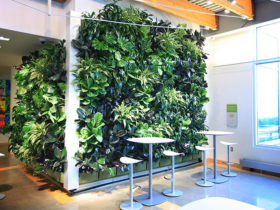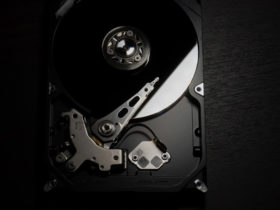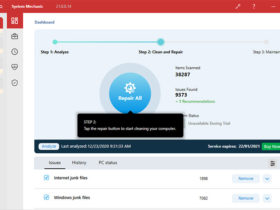Over the years, more people and businesses in the UK have acquired drone technology for multiple applications. There are more drones in the UK skies today and the lax laws regulating these unmanned vehicles has led to increased concerns.
In December 2018, Gatwick Airport suffered flight disruptions and ultimately closure due to drone sightings. There were fears that the drones could cause accidents hence the closure of the airport. In April 2019, Gatwick again faced slight disruption after another drone sighting.
Similar problems had also happened at Heathrow Airport in 2018. These are only a few of the problems that have necessitated the development and deployment of drone defence technology.
The risks posed by illegal drone use range from espionage, threats of terrorism, corporate espionage, the loss of privacy, among other issues.
Anti-drone technology is suitable for residential properties, industrial parks, security installations, among other areas. After the drone disruptions at Gatwick and Heathrow, the airports have invested in cutting-edge anti-drone equipment.
While such enterprise technology and hardware are hard to come by on the market, you can still purchase efficient anti-drone technology on the market.
Capabilities of Drone Defense Technology
Drone defense technology on the market has varying capacity. It is possible thus to find something to suit your needs. Some of the features you expect to find on most of these systems include:
- Drone Detection
A reliable drone defense system will have an early warning optical drone detection system. This prompts an operational response from your team or the authorities. The system leverages high-definition Detection Cameras and powerful AI video analytics to get the best match of the unmanned vehicle.
- Real-Time Tracking
A good anti-drone system offers real-time data on the drone on its sight. Most of these systems have wide-area and three-dimensional drone tracking capabilities. You will also get video, images, and telemetry data evidence of any unmanned device within the target range. This helps in quick decision making.
- Database
When developing the drone surveillance system, manufacturers update it with an extensive database of drone signatures which makes it easy to identify and classify any drone detected correctly.
- Aircraft Identification
Detecting an unmanned aerial vehicle is only the first step in anti-drone defence. The most important part is the identification of the aircraft. This information is crucial and when looking for drone defence technology, this is one feature you should consider. Reliable anti-drone technology uses drone characteristics and signature analysis to identify friendly or enemy UAVs.
- Drone Deactivation
Once the anti-drone system identifies the type of unmanned aerial vehicle on its radar, you have to take the next crucial step. You can either ignore the aircraft if you feel there’s no threat.
However, there are other cases where you have to neutralise the threat. Some anti-drone systems come with the capacity to jam or physically capture the invading aircraft.
- Flexibility
When looking for a good drone defence system, you should find one that is flexible and easy to deploy. The best technology should suit your needs.
For instance, if you want a mobile setup on a large business park, the system you buy should allow for such installation. You can also look for a permanent unit which you can integrate into your facility.
- Scalability
More people will continue to buy drones and deploy them into the skies. For this reason, you need to consider a scalable drone defence setup. It is easy to scale up such a system as your drone protection needs change.
Final Thoughts
Drones are without a doubt important to modern society. However, they also pose major risks to individuals and businesses in the UK. It is for this reason that you should explore different drone defence solutions on the market. This technology protects you and your property and guarantees peace of mind knowing there are no prying eyes hovering over you.











